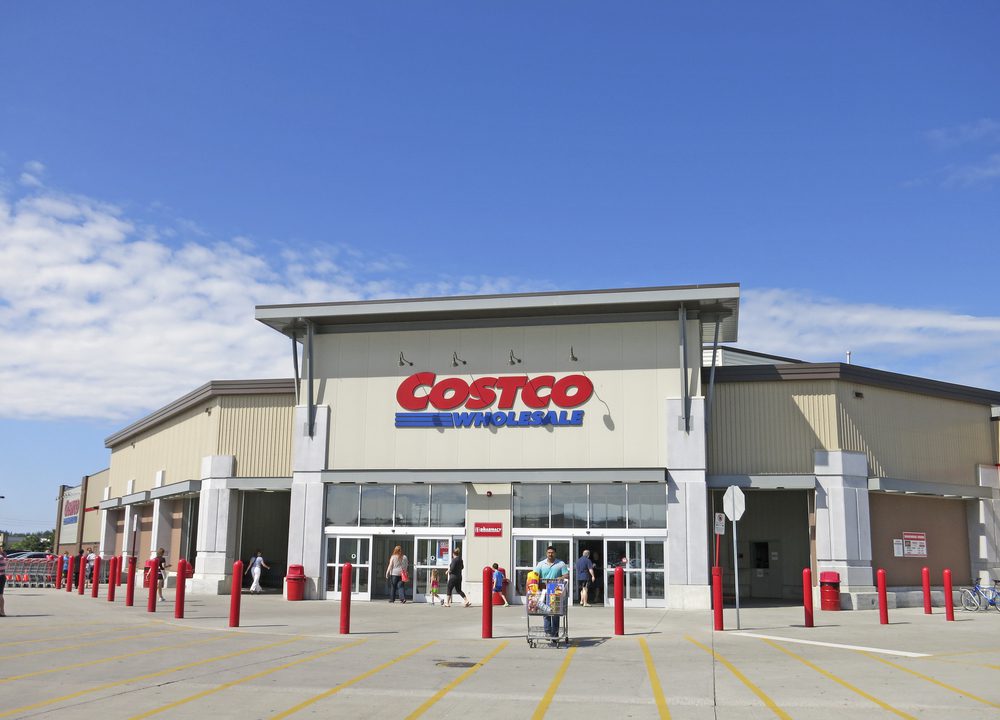
What Happened to Eggs?
The biggest egg corporations could be using the avian flu as a ruse to hike up prices, generating increasingly more record profits while also hurting American consumers everywhere, as new research showed.
The cost of a dozen large eggs now hits $5, which is a record high in the United States, and more than two and a half times the average price three years ago before the avian flu outbreak. This also signifies a 157% inflation rate for eggs, which is a previously go-to affordable protein source for plenty of American families.
Even if the avian flu has been a principal driver of rising consumer egg prices, the highly concentrated egg market could also contribute to the soaring consumer prices. Moreover, the spread of the virus, according to a recent analysis conducted by Food and Water Watch, might be exacerbated by this very economic crisis.
“Bird flu doesn’t completely explain the sticker shock consumers might experience in the egg aisle. As far as Amanda Starbucks, lead author of the FWW report The Economic Cost of Food Monopolies, says, “Corporate consolidation is one of the main culprits behind egg price spikes.”
She also explained that strong corporations that are in charge of every step of the supply chain, from breeding hens all the way to hatching eggs to processing and distributing them, are making windfall profits off this particular crisis, raising their prices above and beyond what’s deemed necessary to effectively cover any rising costs.
The analysis discovered that in certain regions, prices were increasing even before the brand-new strain of the deadly H5N1 virus affected poultry flocks and reduced egg production. The south-east, for example, is still free of bird flu in its table egg flocks until January 2025.

Moreover, egg production increased in 2022 and 2023, at least compared to 2021 levels. However, retail egg prices in the region increased alongside national spikes, as a FWW analysis of government data explained.
As egg production slowly recovered in 2023, prices didn’t come down. In fact, between April and December 2023, national retail inventories of eggs surpassed every month the five-year average by almost 13%. Yet, the average products price for consumers was much higher than the five-year average each month.
In one particular case, the country’s largest egg producer, Cal-Maine, boasted a whopping sevenfold increase in gross profits in the fiscal year 2023, compared to two years prior, after raising prices above rising costs. Moreover, this happened despite its flocks not being touched by avian flu during that period of time.
Cal-Maine, which makes one in every five eggs eaten in the United States, issued another set of shareholder dividends, with a total of $250m in fiscal year 2023, which is 40 times more eggs in 2024 compared with 2021.
It also tripled its profits over the same period, according to company filings. Another analysis discovered that avian flu alone can’t truly explain consumer prices, which increased by 61% over the past six months, according to the Bureau of Labor Statistics.
According to a recent study by the University of Arkansas, the direct costs often related to losing hen flocks sum up a 12-24% increase in retail prices. The study focused on the impact of the outbreak in 2022-2023.
Of course, other factors related to avian flu, like industry adjustments and policy changes that have more than likely changed since the release of this study, could have contributed to the recent price increase.
Now, the working class is struggling to afford groceries, as companies like Cal-Maine mark huge increases in profits and reward their shareholders. Moreover, the Trump administration has the capacity to lower grocery bills. Instead, what does it do? Impose blanket tariffs on allies, fire federal workers who are trying to prevent the bird flu, and put billionaires over ordinary Americans.
Cal-Maine didn’t respond to requests for any comment on such findings.
Throughout the country, more than 166 million poultry have been killed since the virus started spreading through commercial flocks in early 2022. There were 9% fewer egg-laying hens in January 2025, especially compared with 3 years later, according to US Department of Agriculture (USDA) figures.
The wide majority of avian flu outbreaks have been on factory farms, in places where hundreds of thousands or millions of egg-laying hens are caged close by, creating the perfect conditions for the rapid spread of infectious diseases.
In February, another outbreak was detected in a flock of 3.1 million egg-laying hens in Ohio, particularly in Dake County, according to the most recent USDA data.
If one hen gets infected, federal regulations automatically call for the entire flock to be killed, mainly because of the risks posed by the deadly and highly contagious virus to other poultry, animals, and humans, further disrupting supply and increasing prices. As Starbucks explained, “The same companies exaggerate the bird flu outbreak by raising their birds on factory farms, crammed in thousands or even millions, creating the perfect breeding ground for disease.”
Up until this point, 70 human cases have been confirmed in the United States. One person died because of it, and another three required hospital treatment. Almost 1,000 cattle herds have been affected, and the virus was detected in poultry in almost every single US territory.
Over 54 million birds have been affected in the past three months. The egg production industry, as much as the retailer sector that producers target, is extremely concentrated. This basically gives a handful of big corporations the chance to influence prices outside the impact of shocks, such as the avian flu and the COVID-19 pandemic on supply and demand.
The biggest egg companies already own half (46%) of all egg-laying commercial hens. Headquartered in Mississippi, Cal-Maine is also the only traded US egg producer, with 75% more hens than the next largest company.
Moreover, Cal-Maine didn’t experience any bird flu outbreaks in its flocks two years ago. As a matter of fact, it sold more products in 2023 than in the years before. However, the company still decided to inflate the prices on conventional eggs, 2.8 times higher than two years prior, pocketing no less than $1 more a dozen after taking into account all the expenses such as feed and energy.
This definitely aided the company in extracting around $1bn in “windfall profits” after accounting for various factors such as production, processing, as well as transport costs. In its own financial documents, Cal-Maine even suggested that products prices are more or less outside the company’s control: “We don’t sell eggs directly to consumers, nor set the prices at which eggs are sold to consumers.”
However, many of its customers rely completely on Cal-Maine for the majority of their egg needs. Buyers heavily rely on a single industry data analytics firm, known as Urner Barry, which crunches the data from various companies across the supply chain to craft its daily price benchmark for eggs.
In exchange, producers use the benchmarks for setting their egg prices for sale to retailers, even if they’re not really required to. In other words, Urner Barry’s indices work just like a feedback loop that can artificially inflate prices and harm consumers, according to other lawsuits. According to the industry commentator Simon Shane, “the established relationship between producers and chain buyers represents an impediment to a free market.”
If you found this article useful, we also recommend checking: Trump Eliminating Income Taxes? These 10 States Won’t Like It!









